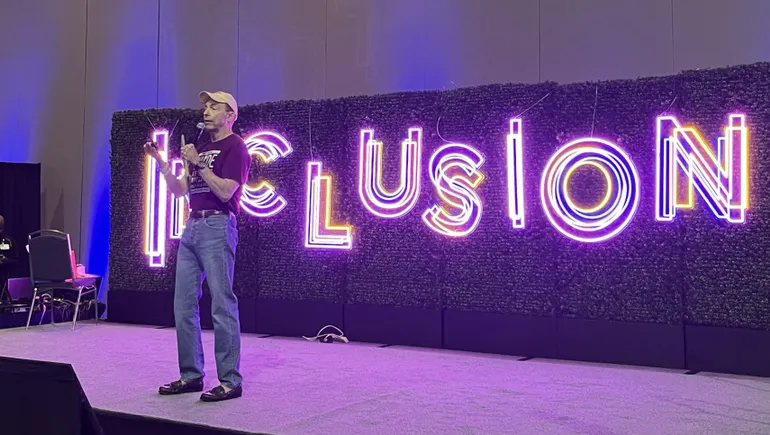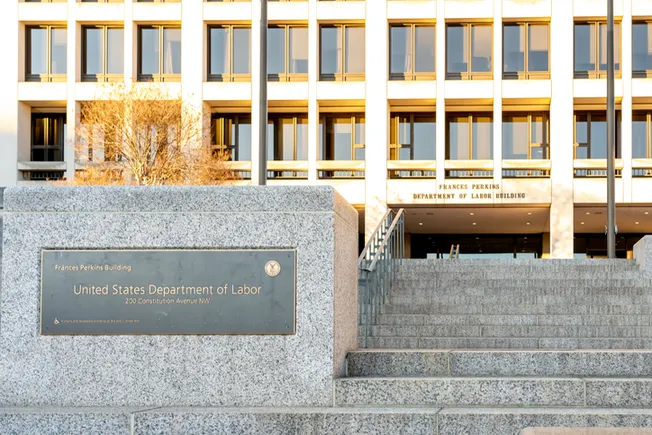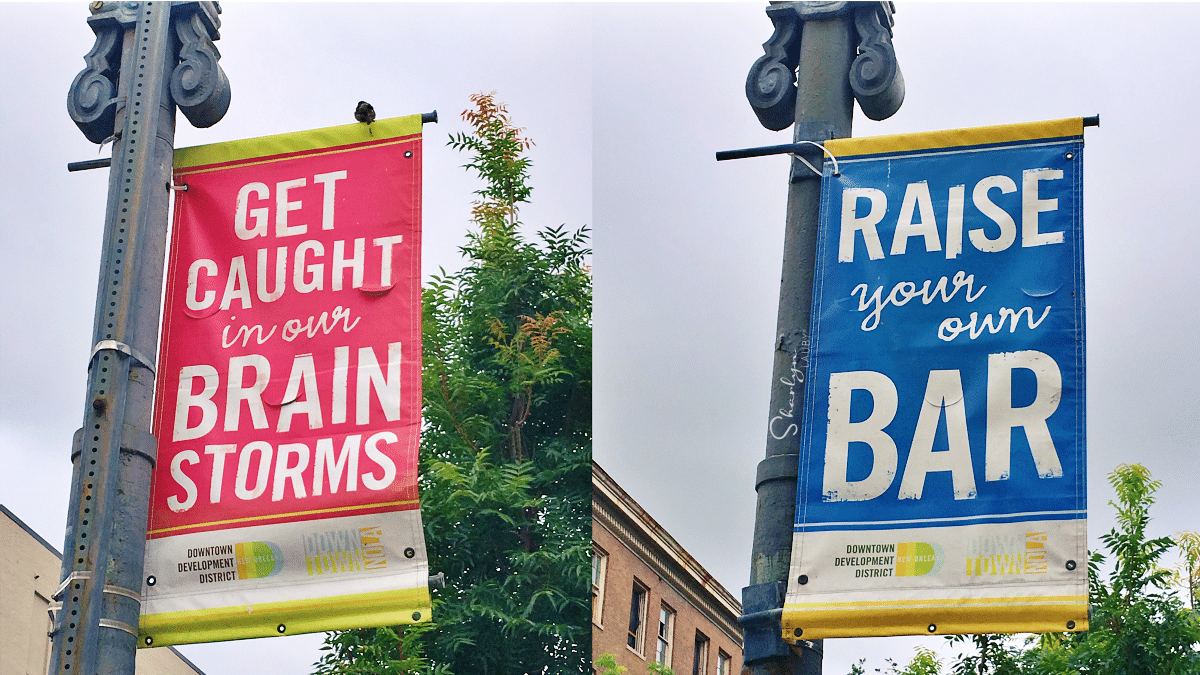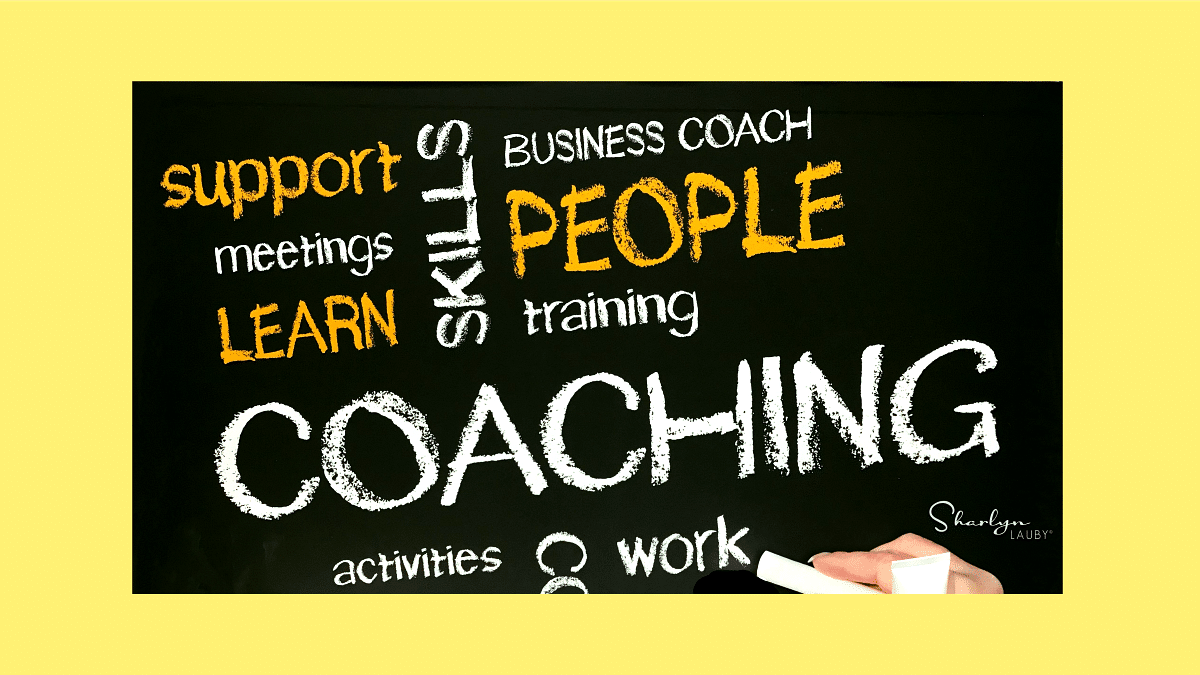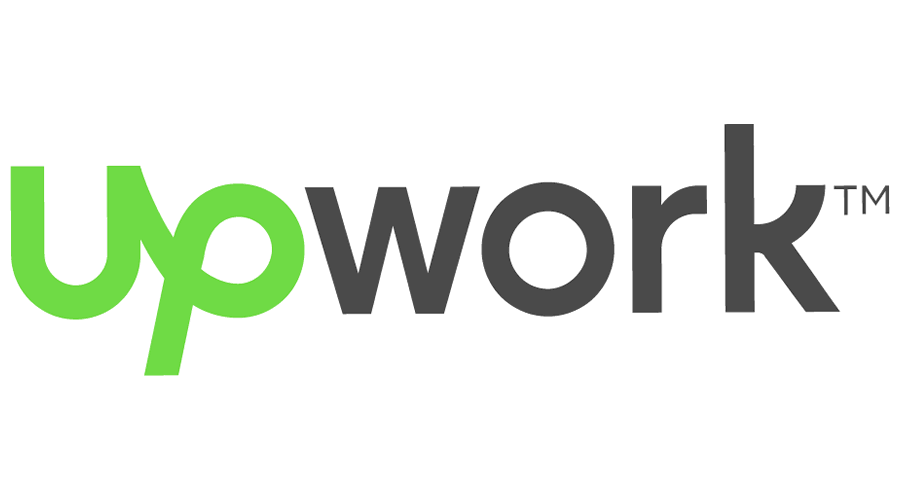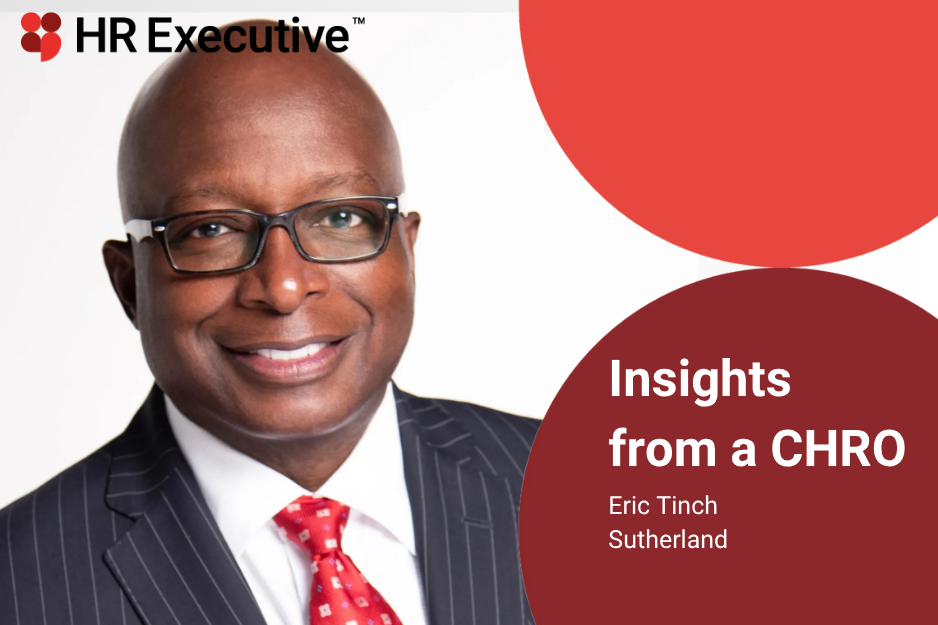RaShawn Hawkins, SHRM-CP, is senior director of workplace equality at the Human Rights Campaign Foundation. She has been an advocate and educator on LGBTQ+ workplace inclusion for over 15 years, with experience as a human resources business partner and as a leadership development professional.
I’ve been a member of SHRM since 2017. Like many HR professionals, I joined because I believed in the promise of our field: to create workplaces where everyone can thrive. When I earned my SHRM-CP, I felt part of a movement that understood people at work are not just “resources” — they’re human beings deserving of dignity, equity and safety.
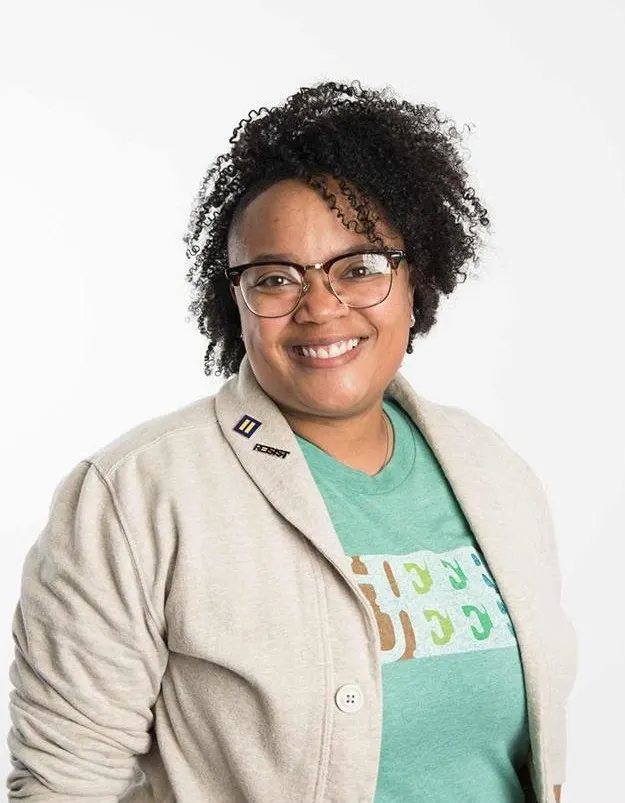
Optional Caption
Permission granted by RaShawn Hawkins
But recently the belief that SHRM shares my values is being tested. As the Trump administration wages an aggressive intimidation campaign to dismantle diversity, equity and inclusion across government, education, and the private sector, SHRM leadership has wavered. Instead of standing firm in support for inclusion as a smart business, people-first strategy, it has softened its language, blurred its commitments, and at times, like at this month’s annual conference, given space to voices actively working to dismantle progress toward equal playing fields in the workplace. For the first time, I’ve felt something I never expected from my own professional association: betrayal.
I lead the workplace equality program at the Human Rights Campaign, the nation’s largest civil rights organization working to achieve equality for lesbian, gay, bisexual, transgender, and queer people. Our mission is simple and nonnegotiable — LGBTQ+ inclusion is vital to a successful workplace. For 25 years, we’ve worked with employers big and small to build inclusive policies and practices so that workplaces, from the factory floor to the C-suite, can be spaces where all employees bring their full selves to work, free from fear or discrimination. This work supports not only LGBTQ+ workers but all employees, with over 20 years of data showing that inclusion leads to better business outcomes.
At its best, HR has shared that understanding. We are the ones who ensure fairness isn’t theoretical but lived. It’s better for both our workers and our companies. Our job isn’t to stay neutral when harm occurs; it’s to ensure safety, dignity, and equity for everyone. Inclusion is not a political stance. It’s a professional standard.
So when the largest HR membership organization in the world begins to distance itself from inclusion under the guise of “civility” or “nonpartisanship,” it sends a chilling message to those of us doing this work every day.
SHRM has chosen to appease backlash rather than stand firm in its values. That’s not leadership — that’s retreat.

RaShawn Hawkins, SHRM-CP
Senior director of workplace equality, Human Rights Campaign Foundation
I remember when SHRM was a leader in advancing workplace inclusion, offering resources on unconscious bias, inclusive culture and belonging. Its conferences amplified diverse voices and helped HR practitioners connect inclusion to organizational success. But in recent years, SHRM’s rhetoric and partnerships have aligned more closely with the anti-inclusion movement that is fueled by politics, not performance. Whether through statements minimizing the importance of inclusion or platforming figures known for opposing it, SHRM has chosen to appease backlash rather than stand firm in its values. That’s not leadership — that’s retreat.
To be clear, that retreat is out of step with both the workforce and the marketplace. Data from HRC Foundation and Whistle Stop Capital show that companies with strong LGBTQ+-inclusive policies — those scoring highest on HRC’s Corporate Equality Index — consistently outperform their peers with higher revenue, stronger profits and steadier long-term performance.
Shareholders agree. This past summer, investors at dozens of Fortune 500s like Apple, Costco, Microsoft, Coca-Cola, and Mastercard overwhelmingly voted down anti-inclusion proposals, including those explicitly targeting LGBTQ+ workplace inclusion.
Employees know it, too: 77% of Gen Z workers say diversity and inclusion policies are a deciding factor in where they work — a cohort that likely now makes up more than a quarter of the U.S. workforce. If companies walk back inclusive policies and practices, nearly 20% of LGBTQ+ employees say they’d look for another job, and a third say their productivity would suffer. Inclusion isn’t a “trend” or a talking point — it’s the future of work.
And it’s not just about talent — it’s about trust. The U.S. LGBTQ+ community represents $1.4 trillion in buying power, and 80% of LGBTQ+ consumers say they will boycott companies that roll back inclusion efforts, with more than half saying they’d urge others to do the same. Companies that turn away from or try to keep secret inclusion initiatives risk alienating both their employees and their customers.
That’s what makes SHRM’s current direction so alarming. At a time when political forces are actively attacking private businesses and weaponizing fear around diversity to divide Americans, HR professionals must not retreat. This moment is a stress test of our integrity. Do we truly believe in fairness, opportunity, and respect for all — or only when it’s easy?
To my fellow HR professionals: our commitment to inclusion doesn’t depend on SHRM’s approval; it depends on our conviction. If the association that once led us now hesitates, then it’s on us to lead each other — to model inclusive practices, share resources and push back against bogus narratives that frame equity as divisive. We can still center people over politics.
At HRC, we often say equality is not inevitable, it’s intentional. The same is true of inclusion. It takes courage, persistence and an unwavering belief in the humanity of others. Diversity, equity and inclusion isn’t a “trend.” It’s a decades-long promise that HR made to workers everywhere: to see them, value them and protect them.
I haven’t given up on HR. But I am calling on SHRM’s leadership to remember who we are, and who we serve. Inclusion isn’t optional — it’s the heartbeat of our profession.



